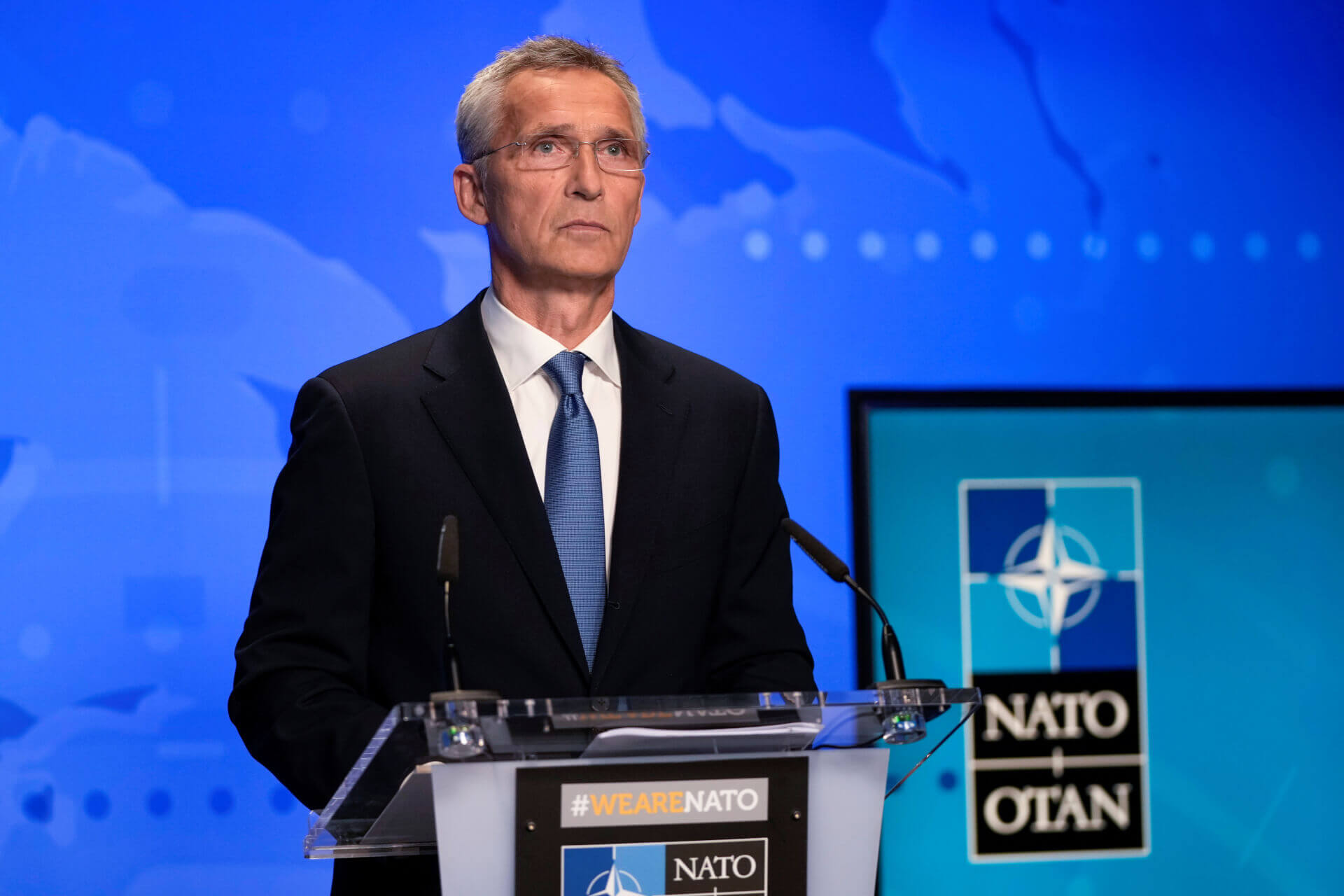On Thursday, North Atlantic Treaty Organization (NATO) defence ministers announced the implementation of a ‘Master Plan’ as a preemptive measure to a possible Russian attack.
In a press conference, NATO Secretary-General Jens Stoltenberg said, “We continue to strengthen our alliance with better and modernised plans.” He said the aim is to “ensure that we have the capabilities for credible deterrence and defence.” Stoltenberg added that the plan includes “significant improvements to our air and missile defences, strengthening our conventional capabilities with fifth-generation jets, adapting our exercises and intelligence, and improving the readiness and effectiveness of our nuclear deterrent.”
The plan also ensures $1 billion in funding to develop new digital technologies to help fight against cyber-attacks, nuclear weapons, and assault from space.
German Defence Minister Annegret Kramp-Karrenbauer described the plan as “the way of deterrence.” She added, “This is being adapted to the current behaviour of Russia, and we see violations particularly of the air space over the Baltic states, but also increasing incursions over the Black Sea.”
Despite a growing focus on China, NATO wants to be prepared for an attack on all fronts, particularly in the Baltic and the Black Sea region, in light of the recent fallout with Russia. However, officials made sure to highlight that the Russian threat was not impending.
Concerning this, Stoltenberg emphasised, “We will not mirror Russia’s destabilising behaviour. And we have no intention to deploy new land-based nuclear missiles in Europe.” “NATO’s approach to Russia remains the same as before, meaning credible deterrence on the fence combined with efforts to have a meaningful dialogue with Russia. But of course, this has become more difficult because of the Russian’s decision to close the NATO offices in Moscow,” he added.
The Russian Foreign Ministry is yet to comment on the matter.
In light of the diplomatic fallout between NATO and Russia, Stoltenberg said NATO and Russia’s relationship is tense and has never been more difficult since the end of the Cold War.
Russia’s increasing hostility at its border with Ukraine also adds to its deteriorating relations with the West. Earlier this year, Russia increased its troops near the Ukrainian border, the most significant build-up since 2014. As Ukraine bolsters its bid to transition from NATO ally to NATO member, Russian activities in the region pose significant concerns to the region at large.
Russia has also moved on from its Soviet-style missile technology, adding new space technology to its military arsenal. In September, Russia used new military hardware that included robots during a drill with ex-Soviet ally Belarus.
Jamie Shea, a former senior NATO official from the Friends of Europe think-tank in Brussels, told Reuters: “The assumption up until now has been that Russia is a nuisance but not an imminent threat. But the Russians are doing some worrying things. They’re practising with robotics, and hypersonic cruise missiles could be very disruptive indeed.”
NATO Defence Ministers Agree on Master Plan to Thwart Potential Russian Attack
The plan will make the organisation more responsive to the complex and changing security environment, Secretary General Jens Stoltenberg said in Brussels.
October 22, 2021

NATO Secretary General Jens Stoltenberg SOURCE: Reuters
